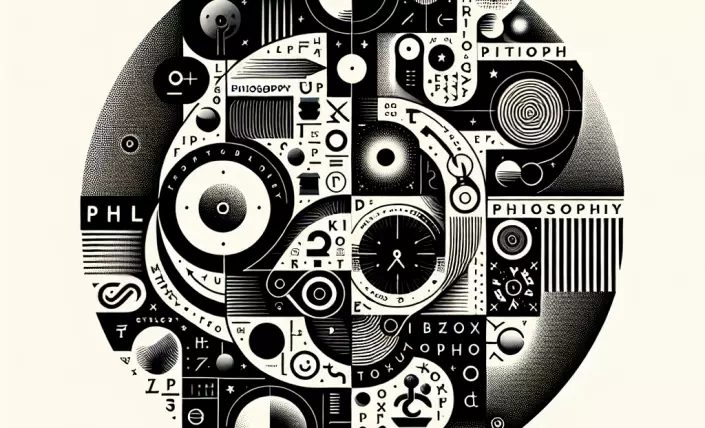In the vast landscape of philosophical inquiry, few have dared to challenge the entrenched paradigms of knowledge acquisition and scientific inquiry with as much fervor as Francis Bacon. His revolutionary ideas laid the groundwork for the modern scientific method, a systematic approach that has shaped our understanding of the natural world. At the heart of Bacon's philosophy is empiricism, the view that knowledge is primarily derived from sensory experience. This notion, radical for its time, invites us to reflect on the ways in which we perceive, interpret, and understand the world around us.
Empiricism, as proposed by Bacon, emphasizes the importance of observation and experimentation. It calls into question the reliability of preconceived notions and inherited knowledge, urging individuals to engage with the world directly through their senses. By advocating for a methodical approach to understanding, Bacon challenges us to consider the limitations of human perception. Are we truly objective observers, or do our biases and preconceptions cloud our judgment? In a world inundated with information, Bacon's insights remind us of the importance of critical thinking and skepticism. They prompt us to question the sources of our knowledge and the processes by which we come to accept certain truths.
Moreover, Bacon's emphasis on empirical evidence has profound implications for personal growth and self-awareness. In our personal lives, how often do we rely on assumptions and unexamined beliefs to guide our decisions and actions? Bacon's philosophy invites us to apply the principles of empiricism to our inner world. By observing our thoughts, emotions, and behaviors with the same rigor we apply to scientific inquiry, we can cultivate a deeper understanding of ourselves. This introspective empiricism encourages us to confront the biases and blind spots that may hinder our personal development. In embracing uncertainty and questioning the validity of our beliefs, we open the door to greater self-awareness and authenticity.










